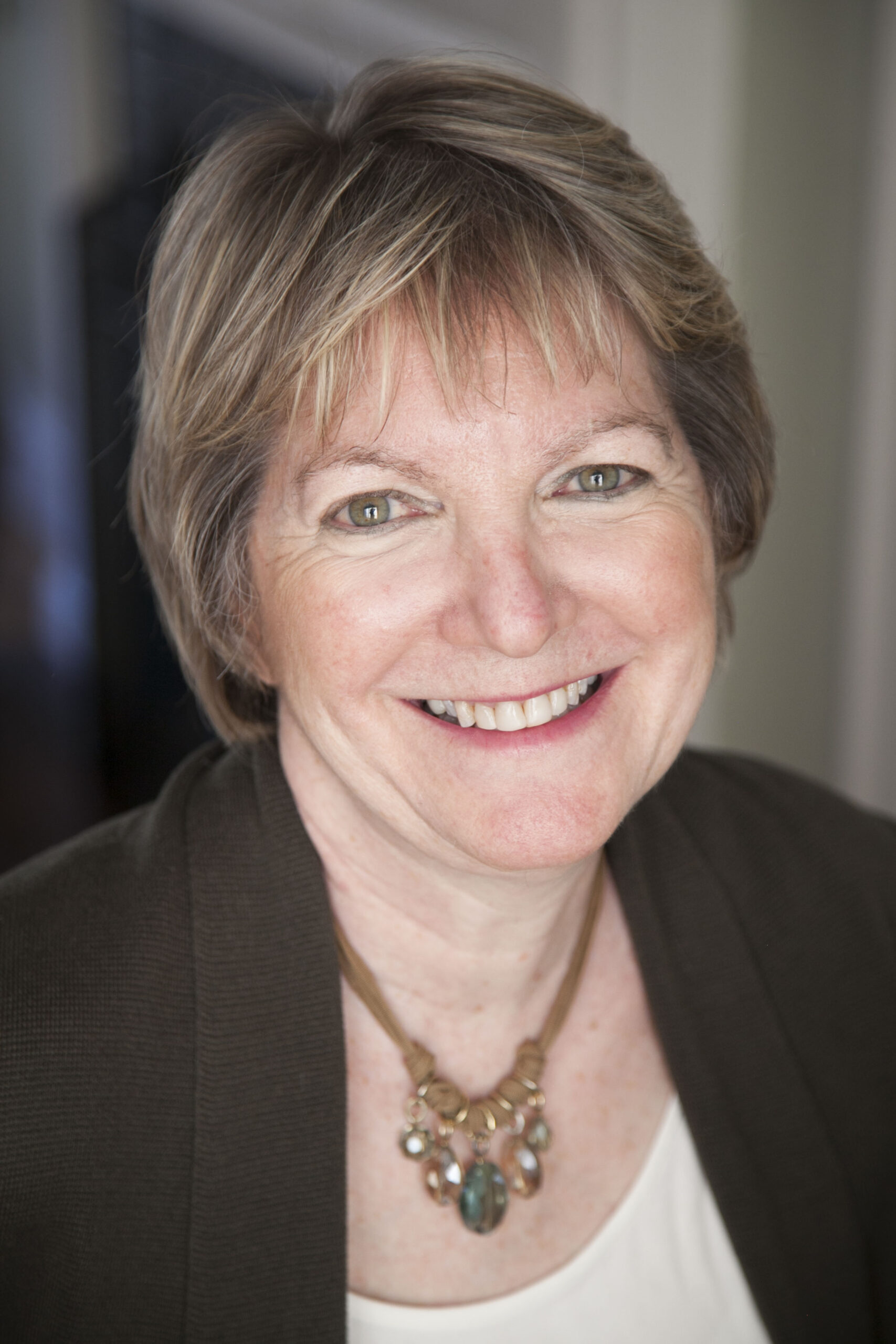COVID has spawned many trends, but one that’s caught my eye is the number of new writers. Everyone has an experience they want to share. I blog on Medium, which is estimated to have between 85 million and 100 million users on its platform, with writing courses galore. Many newbies have progressed from honing their skills to crafting a book.
The big question that awaits is how to get that book into a reader’s hands. Since I will soon face this dilemma, I’ll share my perceptions in hopes that others might benefit.
In general, there are three main pathways toward being published:
—Go “indie” (self-publish).
—Seek an agent and publisher to take on your book.
—Go “hybrid,” which is a mix of the two.
My 2022 take on our options is as follows.
Finding a good agent takes time and luck: Agents are inundated with queries. Finding an agent that fits your interest is a full-time job, and in 2022, you often need to be notified when being rejected. After three months, the authors need to assume no news is bad news.
If you are lucky to find a suitable agent, the author must be prepared for a lengthy process. Typically, a book will make it to market 1.5 to 2 years from agent acceptance.
That might not be a problem in many instances, but it is for me. My protagonist is neurodivergent — a “hot” topic now and will likely not be as popular in two years. The timing window may matter less for other genres — memoirs, romance and mystery.
The value added by a publisher needs to match the value you seek: Publishing houses serve many roles, roughly broken down as: Editing and proofreading, cover design, production, marketing support, distribution and international exposure. From my previous experience of self-publishing three books, I can manage the top three on the list (editing/proofing, cover and production).
I would benefit from help in marketing and distribution. My conversations with industry experts have led me to understand that publishing houses are leaner today at many levels — smaller advances, fewer marketing resources devoted to new authors, and a smaller window to gain traction before pulling the book. If I were Elizabeth Strout or Erik Larson, my experience would be very different, but alas, self-knowledge is a wonderful thing.
In the hypothetical situation where I could enlist a publisher, I would get the most help where I need it least, and I’d be shouldering most of the marketing burden. Publishers would assist with distribution into bookstores, which is valuable, but the question to consider is, “Where are people buying their paperbacks today?”
The New York Times reports that in 2020 Amazon controlled 50 percent of all book distribution, and for e-books, the number is closer to 70 percent. This means that while still significant, the brick-and-mortar distribution offered by publishers is not as dominant as it once was, which might change the equation for new writers.
You need a solid platform to attract a publisher: Authors need to assess their platform strength honestly. How easily can you assemble a group to follow you and attend events, remotely or in person? Publishers will want easy access to a warmed-up audience to hype your book. If you sport a large presence on social media, or you’re a professor with a convenient curriculum, or you’re a recognized podcast host, for example, you have the basis for a platform. Platforms are the table stakes of the publishing industry. You need one to play.
While my platform is probably adequate, my age is a particular chink in my armor. At 65, a publisher might decide I’m not a great return on investment. The investment a publisher makes in new authors should hold value over time. The average age of a first-time novelist in their first publication is 36 years old. It doesn’t mean one can’t beat the odds, but the percentages don’t favor sexagenarians.
The traditional publisher route can offer benefits beyond distribution, scalability, and marketing savvy. It provides a bonafide stamp of legitimacy and a team of professionals that have “been there, done that.” It’s hard to resist their draw.
I’ve chosen and am betting on myself to make it happen. This won’t be easy, as 400,000 books are published daily. Creating separation between me and the rest of the world feels Herculean.
Wish me luck.


